Canterbury Hospital marks 90 years of serving the community
In its first year up and running in 1929, less than 600 patients were treated at Canterbury Hospital. It has since grown to cater for more than 100,000 patients annually.
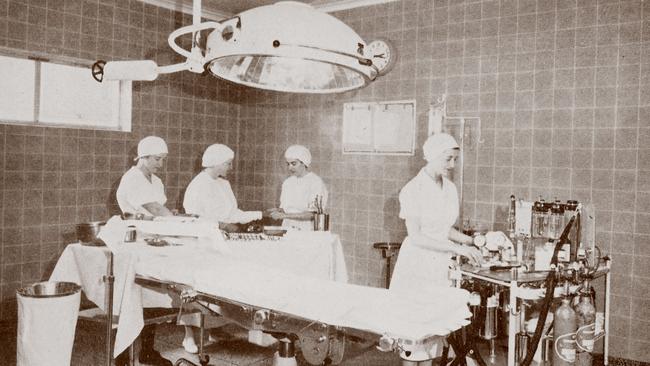
The Express
Don't miss out on the headlines from The Express. Followed categories will be added to My News.
Canterbury Hospital, which caters to one of the most diverse populations in NSW, celebrates its 90th birthday this month, coming a long way from having 587 patients in its first year to more than 100,000 annually now.
Before the hospital was built, locals had to attend cottage hospitals at Marrickville and Ashfield but by 1910, there were calls for a dedicated hospital for the growing population here.
It took many years for the hospital to be built with Canterbury winning over Bankstown, because their community fundraising efforts were more successful.
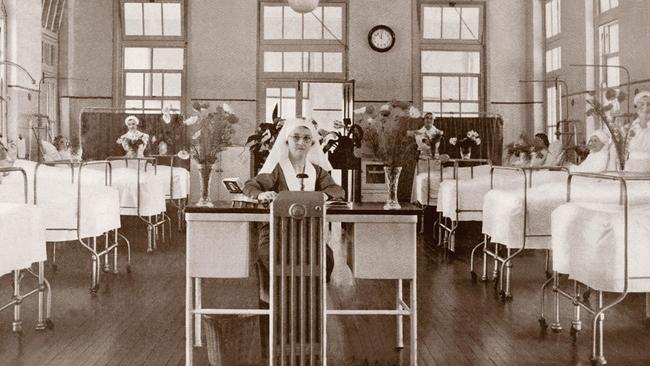
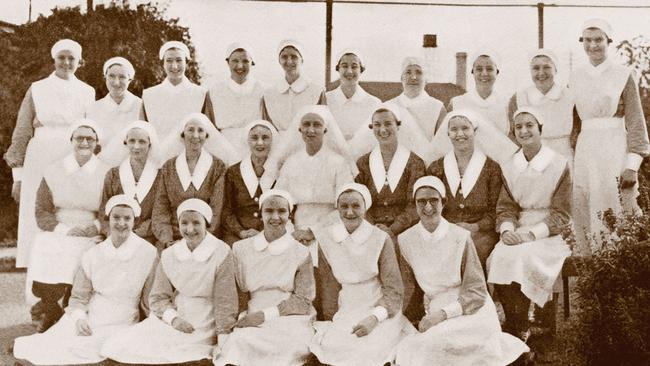
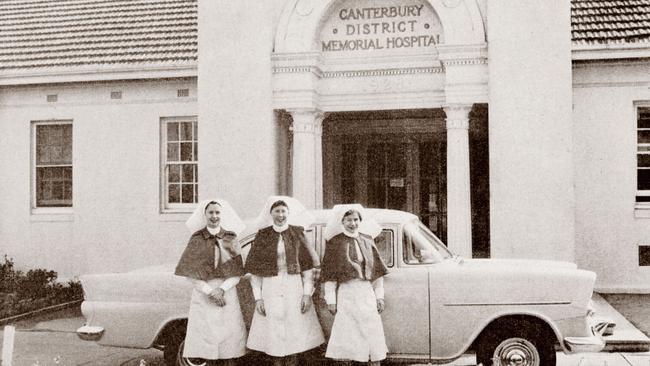
Following World War I the hospital project was advanced as a “memorial to those who fell in the war” and after years of fundraising — a horse and dray would go up and down Campsie streets collecting donations — land was purchased in 1927.
The new hospital featuring the main building and two ward and administration blocks, cost £31,000 to build and opened in October 26, 1929.
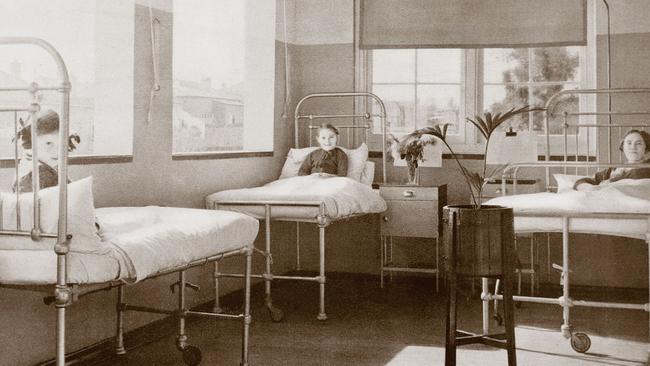
In contrast to the first year, when 587 patients were admitted, in 2018/19, the hospital attended to 82,000 outpatients, 20,000 inpatients, 7000 surgical procedures and 1592 births.
In addition, 46,000 patients, including 12,000 children, were treated at the emergency department.
CANTERBURY'S EMERGENCY DEPARTMENT TO BE EXPANDED
The hospital now serves more than 223,000 meals a year while washing more than 365,000kg of laundry annually.
Canterbury Hospital, which comes under the Sydney Local Health District, focuses on maternity, paediatrics, aged care, general medicine, general surgery and ambulatory care.
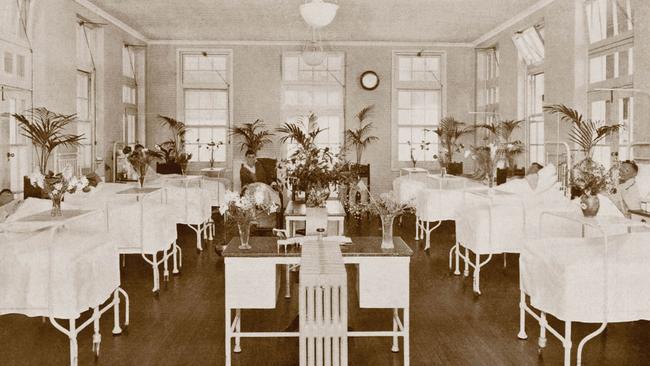
The hospital’s acting general manager Kiel Harvey said their dedicated staff have been providing excellent care through the years.
“The hospital and the services it has provided over the past 90 years are truly valued by the
community,” he said.
“Despite the growing demands, Canterbury Hospital continues to be a caring and compassionate hospital focused not only on the delivery of high-quality health care, but also on equity, through a commitment to providing health services to a culturally diverse community.”
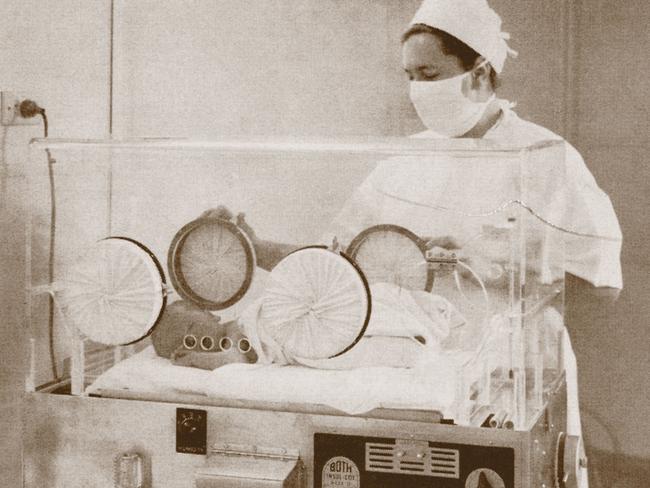
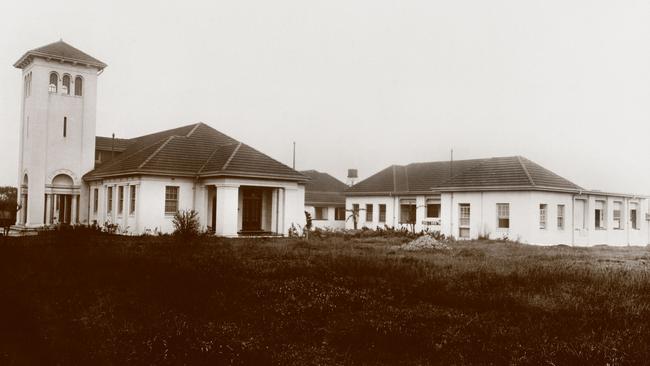
Canterbury state Labor MP Sophie Cotsis, who was born at the hospital, said the government should upgrade the facility, saying that waiting times at the emergency department has gone up over the past year.
“I would like to thank all doctors, health service workers, pathology, social workers, nurses, cleaning, catering staff, who have served our community over the last 90 years,” Ms Cotsis said.
“Canterbury Hospital urgently needs a major upgrade to meet the needs of our growing and ageing population.
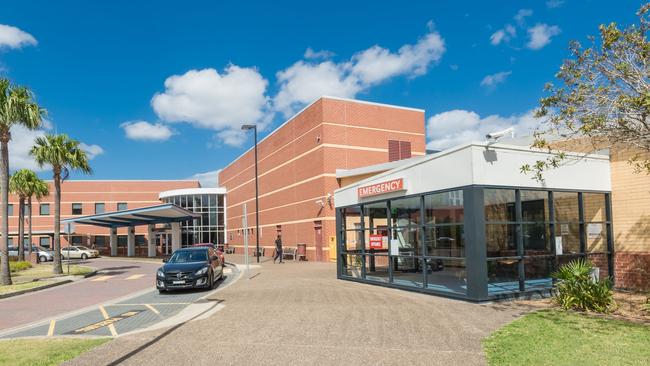
“I’ve been campaigning for a number of years for a massive upgrade as well as a world class health precinct.”
Ms Cotsis said that she was planning a community family day rally in coming months “to show the government this is an emergency”.

The hospital said its emergency department is undergoing a $6.5 redevelopment.
The anniversary will be celebrated with a black-tie dinner, 90 Years Healthy Together Ball, on Friday, October 25, at Canterbury Hurlstone Park RSL.
A commemorative coffee table book is also being produced to mark the big occasion.
■ For tickets: https://www.slhd.nsw.gov.au/events/canterbury-90years/
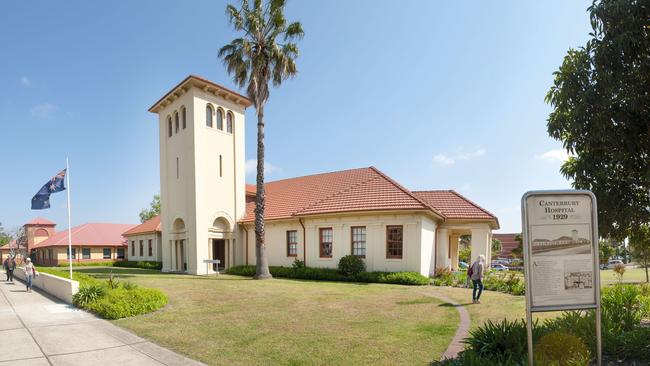
MILESTONES
■ Canterbury District Memorial Hospital was officially opened by Secretary of Public Works, Ernest Buttenshaw, on October 26, 1929.
■ First patient was Mrs E Stuart of Campsie, admitted on Monday, November 11, 1929.
■ The hospital was built to accommodate 28 patients in two ward blocks and an isolation block, though verandas were soon converted to raise bed capacity to 63.
■ In the first year, 587 patients were admitted
■ During its second year, the hospital was registered as a community hospital to accept private and intermediate paying patients
■ 28 local doctors established the Canterbury Bankstown Medical Association
■ February 1934: the X-ray, pathology and outpatients block opened with the X-ray machine arriving in 1935.
■ There was no central sterilising department: all equipment was cleaned and boiled in the ward kitchen.
■ In 1938 a chest clinic and anti-tuberculosis clinic opened
■ After Japan entered World War II at the end of 1941, patients were evacuated to their homes to hold vacant beds for any civilian casualties due to air raids
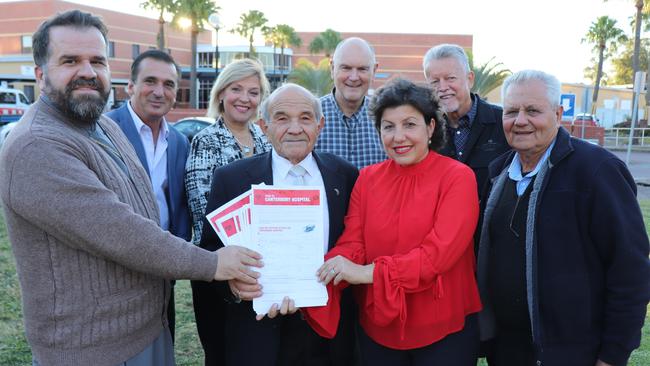
■ Early 1950s: 2000 operations each year and 50,000 outpatient attendances; 33 medical staff
■ Mid-1960s: Canterbury made an affiliated teaching hospital of the University
of NSW; tennis courts converted to Intensive Care Unit.
■ 1972: Name was changed to Canterbury Hospital; 2105 babies were born.
■ 1990s: Lebanon, Greece, Vietnam, Italy, and Yugoslavia are the top five countries of birth for patients at the hospital
■ 1993: the State Government says Canterbury Hospital will be closed and an Inner West Hospital will be built in Croydon Park, triggering huge protests from locals and the Canterbury Hospital community.
■ 1995: New state government cancels plans to open new hospital and promises a $74m redevelopment of Canterbury Hospital
■ 1996-1998: The hospital undergoes an $80m redevelopment
■ 2014-2018: ED patients up from 40,000 a year to more than 45,000
■ 2019: Canterbury Hospital has 175 beds and more than 900 staff; dealing with 82 000 outpatients, 20 000 inpatients, 7000 surgical procedures; 1592 births a year.
IN OTHER NEWS
COMMUNITY HELP
■ The community supported the operations of the hospital in the early days with gifts including old linen, eggs, potatoes and bags of manure.
■ In 1936, local public schools donated more than 3000 eggs and more than 800 pounds of potatoes
■ Volunteers, known as the Pink Ladies conduct hospital ward duties, staffing a kiosk, sorting radiology films for resale and hosting a regular arts and craft stall
■ In the 90s, Canterbury Hurlstone Park RSL Club donated $500,000 over five years towards the operating theatres

